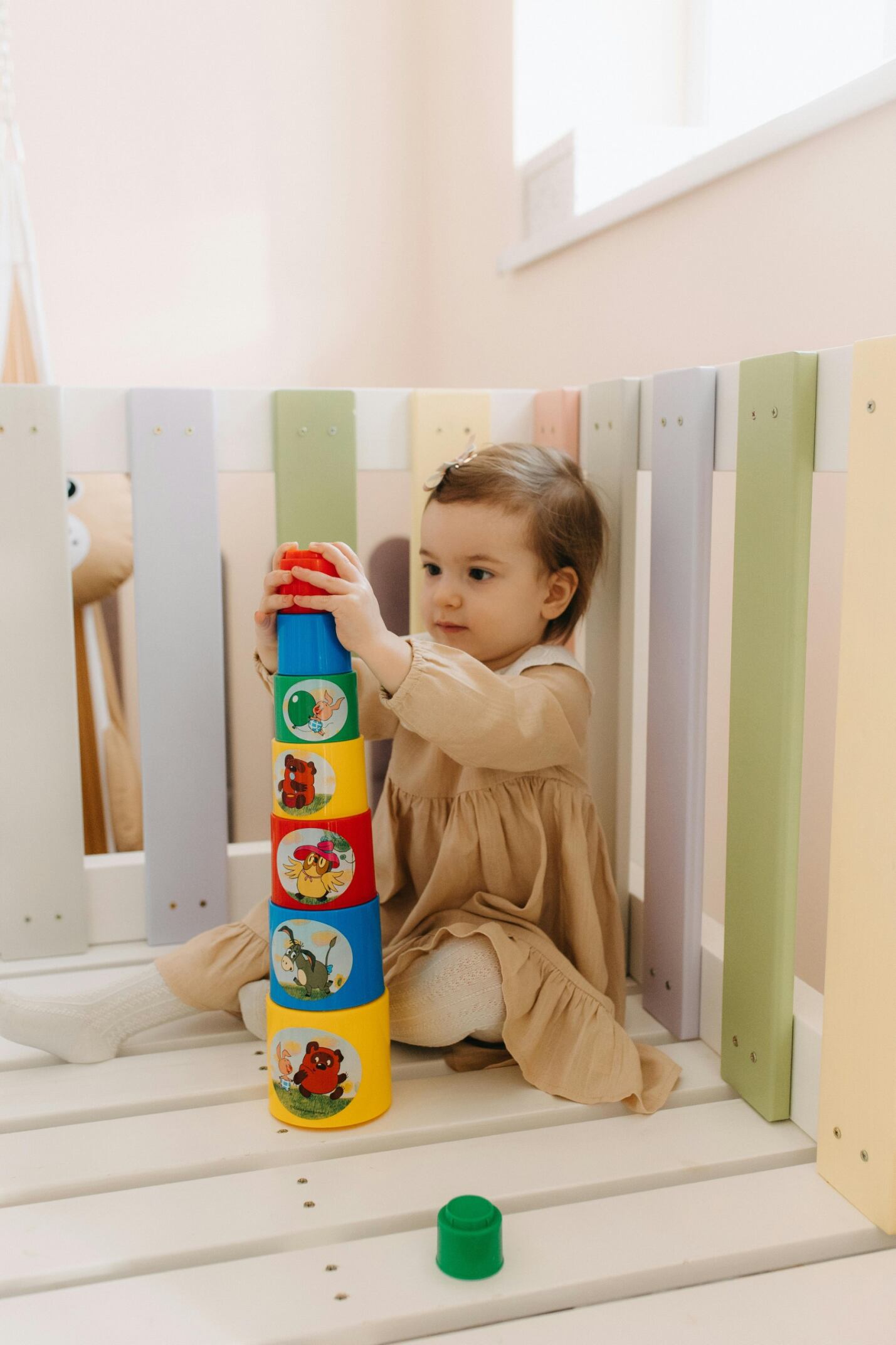Key Principles of Nurturing Children's Development
Nurturing children's development involves several key principles:
Providing a Safe and Supportive Environment: Children need to feel safe and secure in their surroundings to explore, learn, and grow. This includes physical safety, as well as emotional security and a sense of belonging.
Responsive Caregiving: Responding to a child's needs in a timely and sensitive manner helps them develop trust, self-esteem, and emotional regulation.
Encouraging Exploration and Play: Play is essential for children's learning and development. It allows them to explore their world, develop their creativity, and build social skills.
Promoting Communication and Language Development: Talking, reading, and singing with children helps them develop their language skills, which are crucial for cognitive and social development.
Supporting Cognitive Development: Providing opportunities for children to learn, problem-solve, and develop their thinking skills is essential for their cognitive growth.
Fostering Social and Emotional Development: Helping children learn to understand and manage their emotions, build relationships, and develop empathy is crucial for their social and emotional well-being.
Providing Adequate Nutrition and Healthcare: Good nutrition and access to healthcare are essential for children's physical and cognitive development.
Establishing Consistent Routines and Boundaries: Consistent routines and clear boundaries help children feel safe and secure, and promote self-regulation.
